Nova Scotia: Same Gripes with Ottawa as Other Provinces?
Nova Scotia and Canada: Examining Succession Discussions
Historical Background and Demographics
Nova Scotia joined the Canadian Confederation on July 1, 1867, as one of the four founding provinces alongside New Brunswick, Ontario, and Quebec. With a population of approximately 1,002,586 (as of 2023), Nova Scotia currently has 11 seats in the House of Commons and 10 in the Senate.
The three largest cities in Nova Scotia are:
-
Halifax (population: ~440,000) - the provincial capital and economic center
-
Cape Breton Regional Municipality (population: ~94,000)
-
Kings County (population: ~48,000)
Economic Profile
Nova Scotia's economy has traditionally relied on fishing, forestry, and mining, though in recent decades it has diversified to include tourism, technology, and services. The province's GDP per capita stands at approximately $47,000 CAD, notably lower than Ontario's $61,000 CAD.
The median household income in Nova Scotia is roughly $73,000 annually, compared to Ontario's $86,000. This income disparity of about 15% represents one of the economic grievances frequently cited in discussions about the province's relationship with the federal government.
Major Issues Facing Nova Scotia
Nova Scotia faces several significant challenges:
-
Aging Population: The province has one of Canada's oldest demographic profiles, creating healthcare and economic sustainability pressures.
-
Healthcare Access: Rural communities struggle with physician shortages and limited medical services.
-
Economic Development: Dependence on seasonal industries and challenges attracting and retaining skilled workers.
-
Outmigration: Young people leaving for economic opportunities elsewhere.
-
Climate Change: As a coastal province, Nova Scotia faces increased risks from rising sea levels and extreme weather events.
Nova Scotian Grievances with Ottawa
While full succession is not a mainstream position in Nova Scotia, there are several common complaints about the federal government:
-
Equalization and Federal Funding: Many Nova Scotians feel the equalization payment system doesn't adequately address the province's needs despite its economic challenges.
-
Resource Management: Tensions exist over federal control of offshore resources, particularly fishing quotas and oil exploration, which Nova Scotians often view as prioritizing central Canadian interests.
-
Regional Development: Perceptions that federal economic development initiatives disproportionately benefit Ontario and Quebec at the expense of Atlantic provinces.
-
Political Representation: With only 11 seats in Parliament, Nova Scotians often feel their voices are drowned out by more populous provinces.
-
Policy Disconnect: Federal policies sometimes fail to account for Nova Scotia's unique geographic, demographic, and economic realities.
Political Discourse on Nova Scotian Succession
It's important to note that unlike Quebec or Alberta, Nova Scotia has not had a strong, organized succession movement. However, some political figures have expressed frustrations:
Premier Tim Houston has not advocated for succession but has criticized the federal government on healthcare funding: "Ottawa continues to ignore the real healthcare crisis facing our province and all of Canada."
Former MP Bill Casey, who once sat as an Independent after being expelled from the Conservative caucus, has stated: "Nova Scotia's interests are frequently overlooked in national policy discussions."
Atlantic Canada think tanks like the Atlantic Institute for Market Studies have published papers arguing that the region receives inequitable treatment from federal structures without explicitly calling for succession.
Community advocate Mary MacDonald (Halifax-based community organizer) has been quoted saying: "We're not talking about leaving Canada, we're talking about getting fair treatment within it."
Public Opinion
Polling consistently shows that the vast majority of Nova Scotians (over 85%) have no desire to leave Canada. However, approximately 60% believe the province doesn't receive fair treatment from the federal government.
A 2022 survey by Narrative Research found that while only 7% of Nova Scotians would support succession, 68% felt the federal government doesn't understand provincial needs.
Analysis
The discussions around Nova Scotia's relationship with Ottawa are better characterized as a push for more autonomy, better representation, and fairer treatment rather than true succession ambitions. Unlike movements in Quebec or more recently Alberta, Nova Scotia's grievances have not coalesced into a significant political movement for independence.
Most political discourse focuses on reforming the relationship rather than severing it. The shared history, cultural connections, and practical economic realities make full independence impractical and unpopular among most Nova Scotians.
What does exist is a growing regional frustration with perceived central Canadian dominance in federal policy-making—a sentiment shared across much of Atlantic Canada.
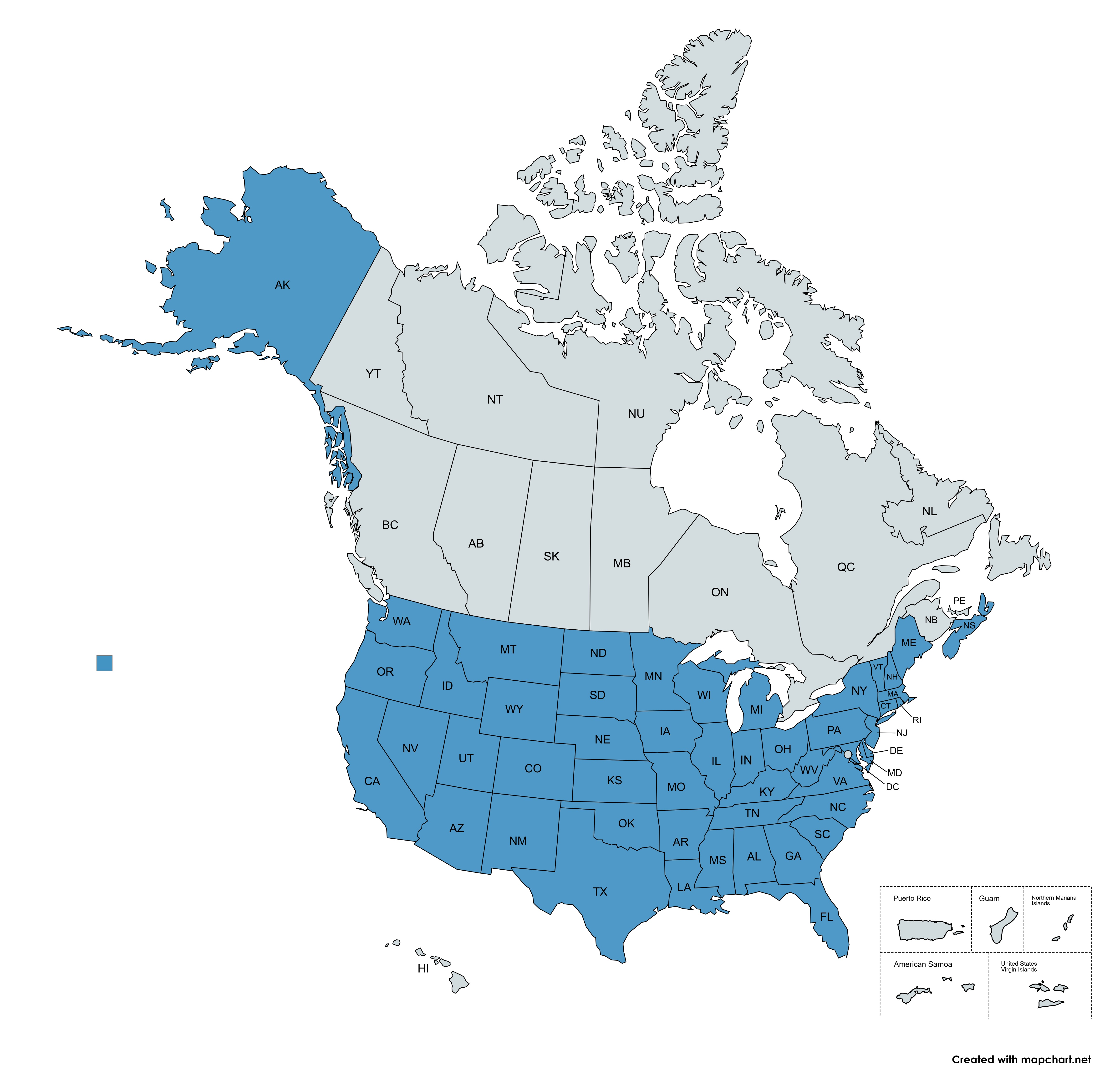

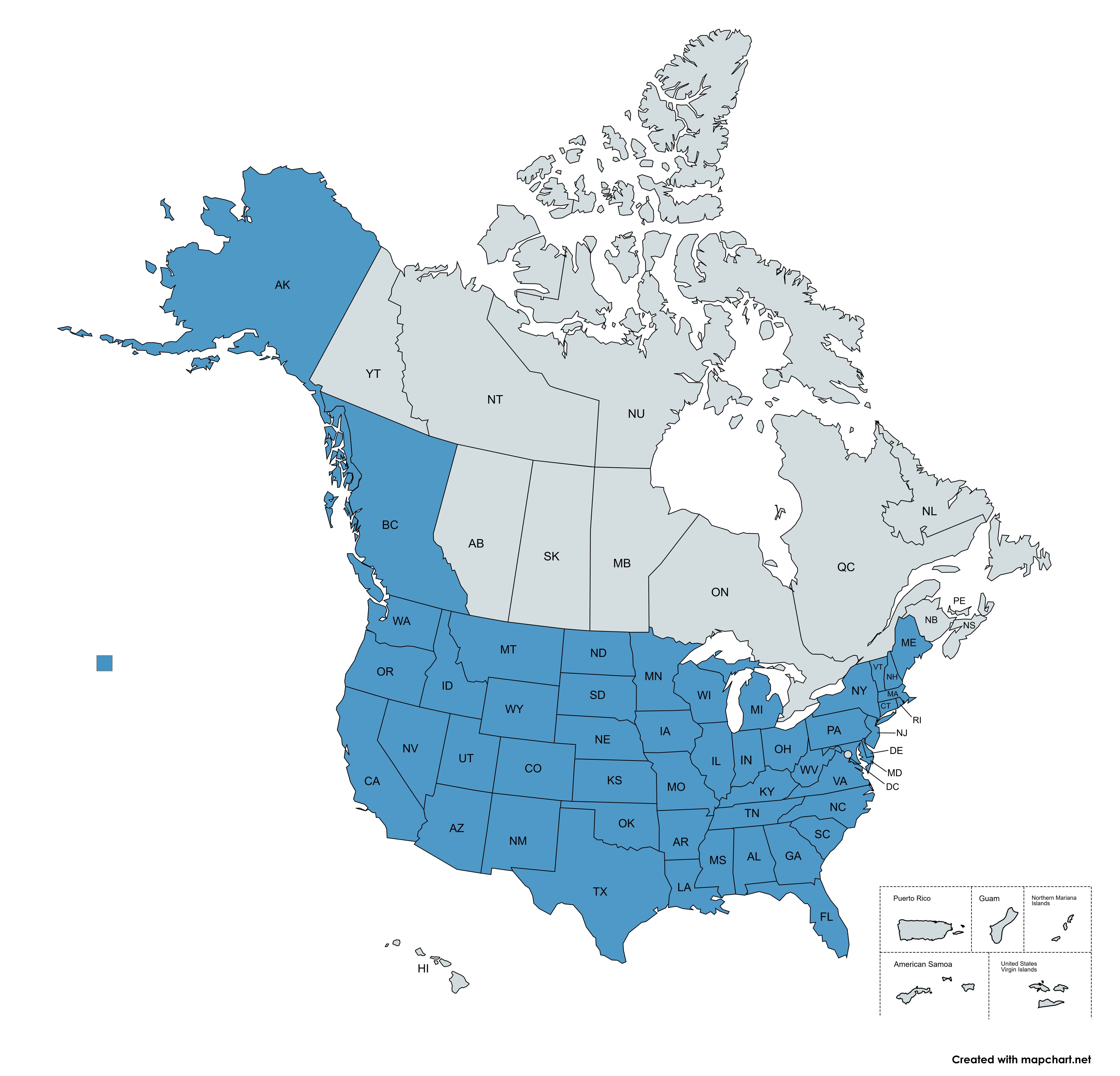
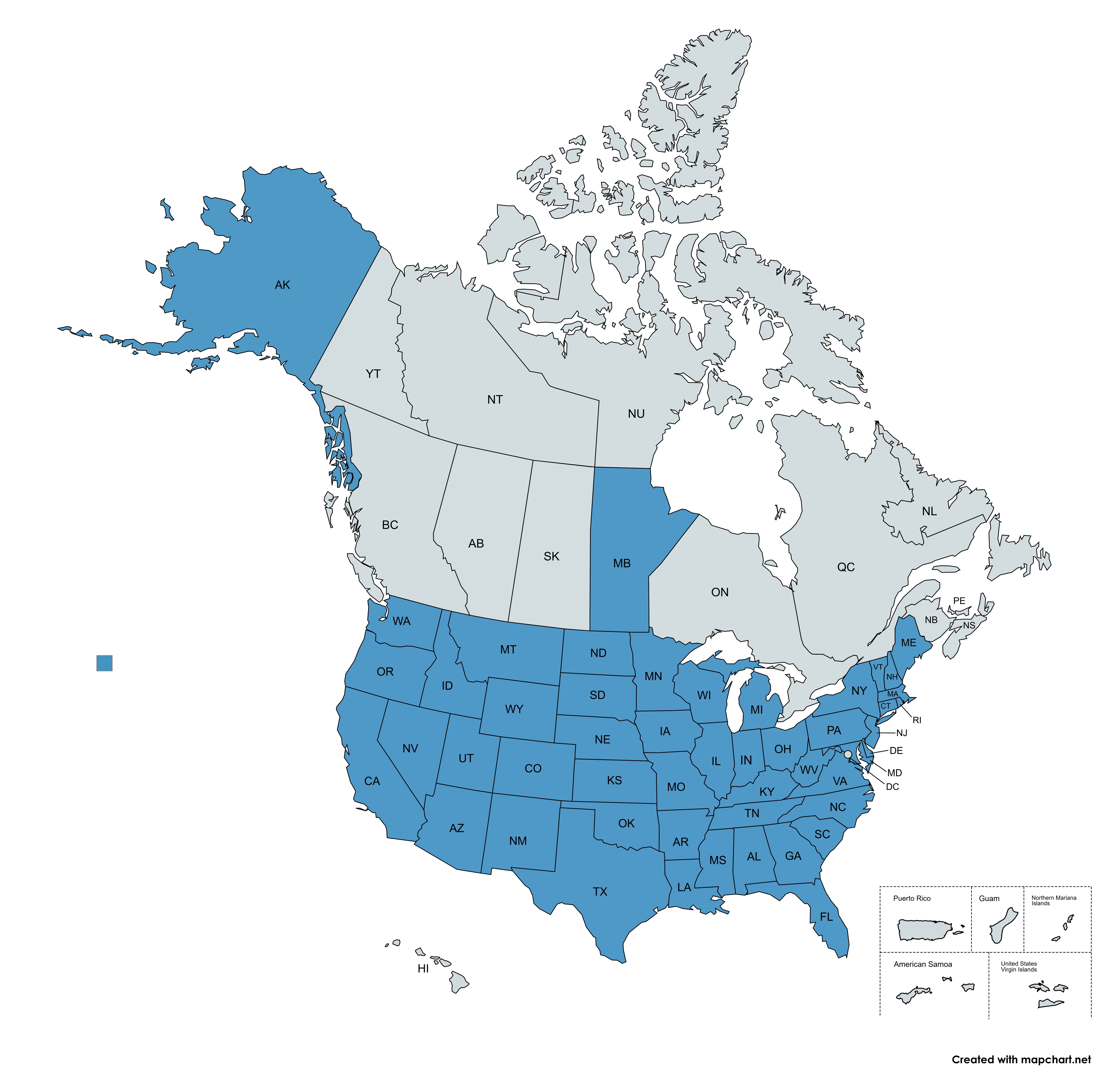
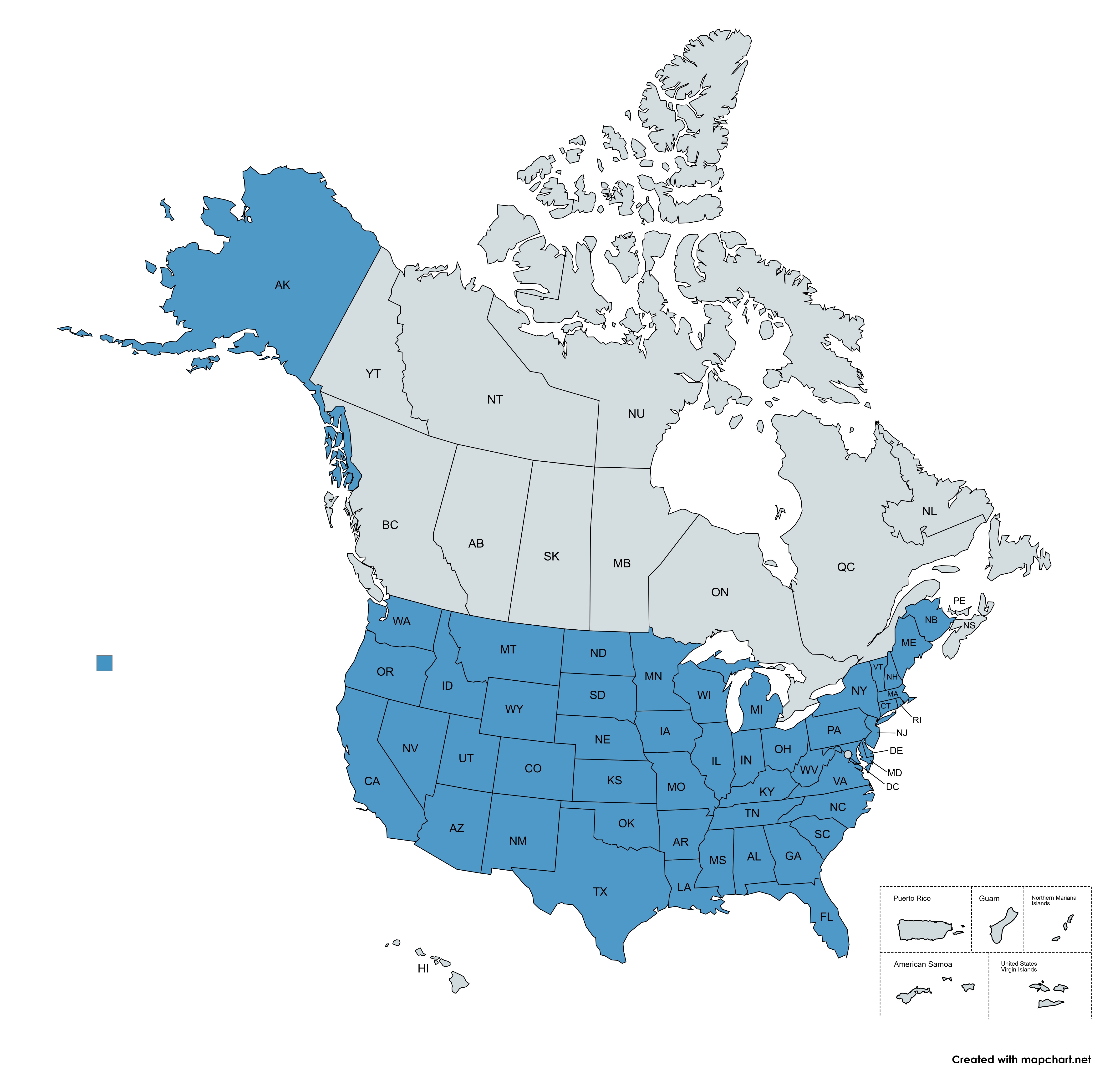
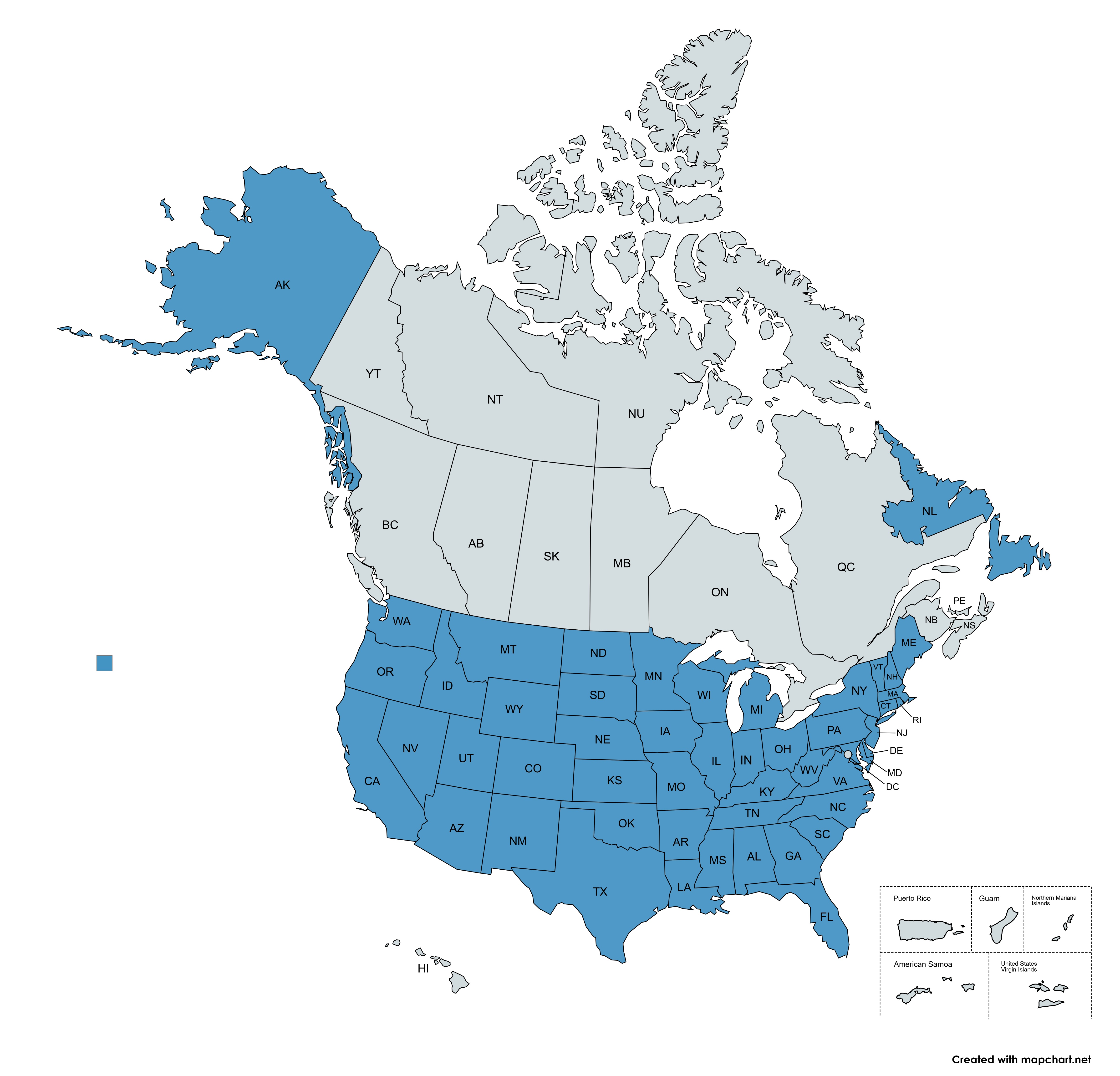
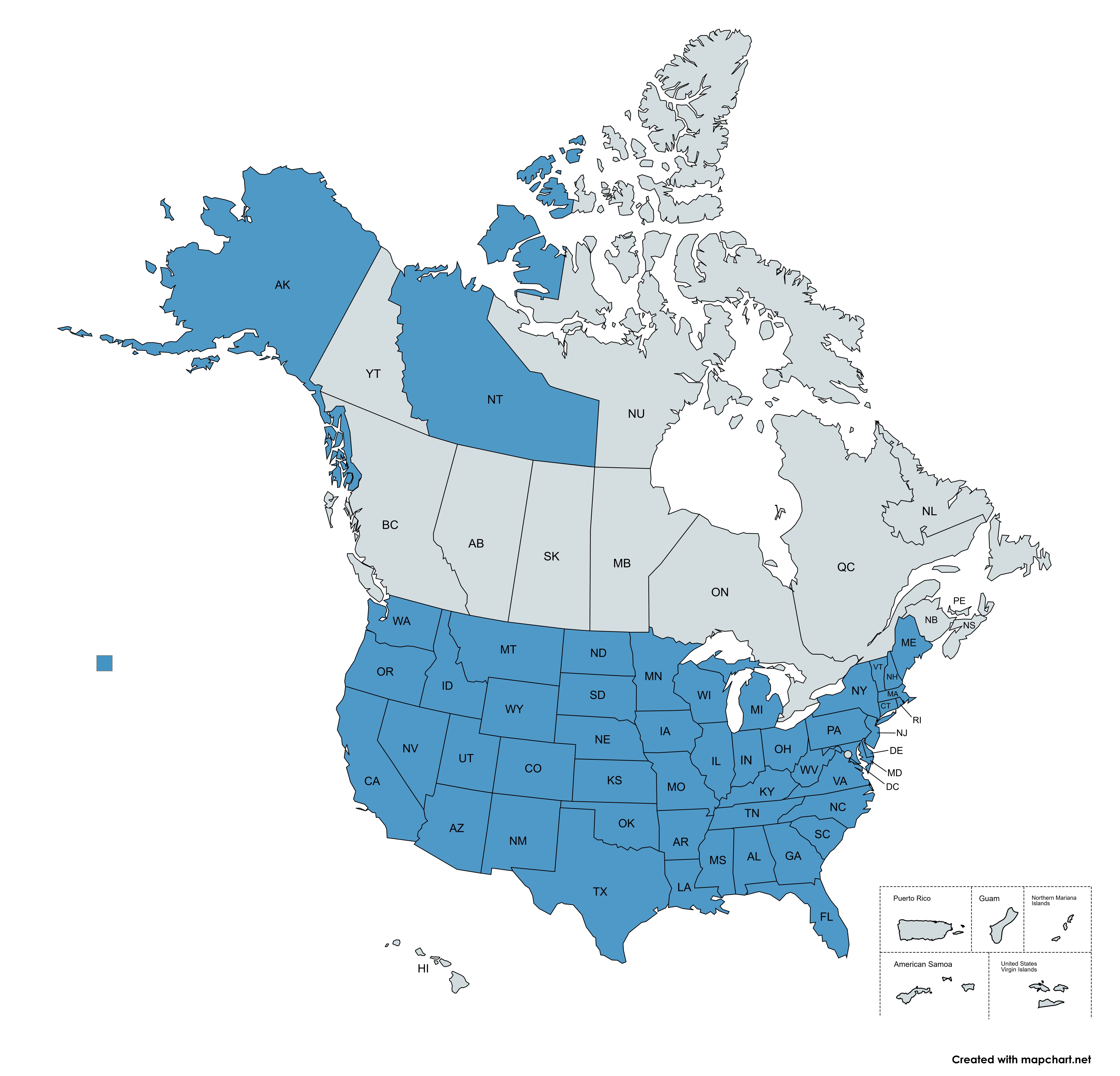
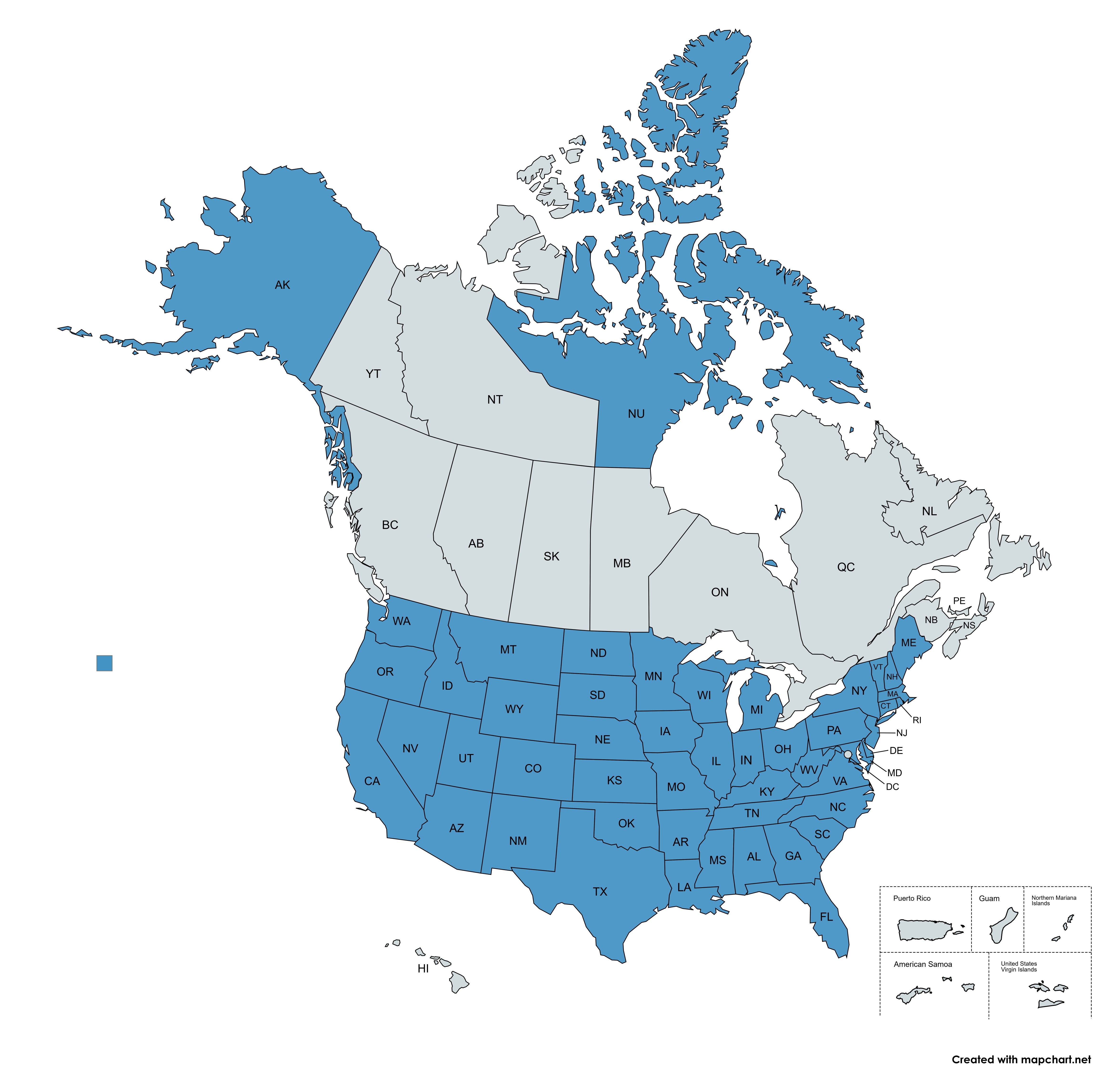

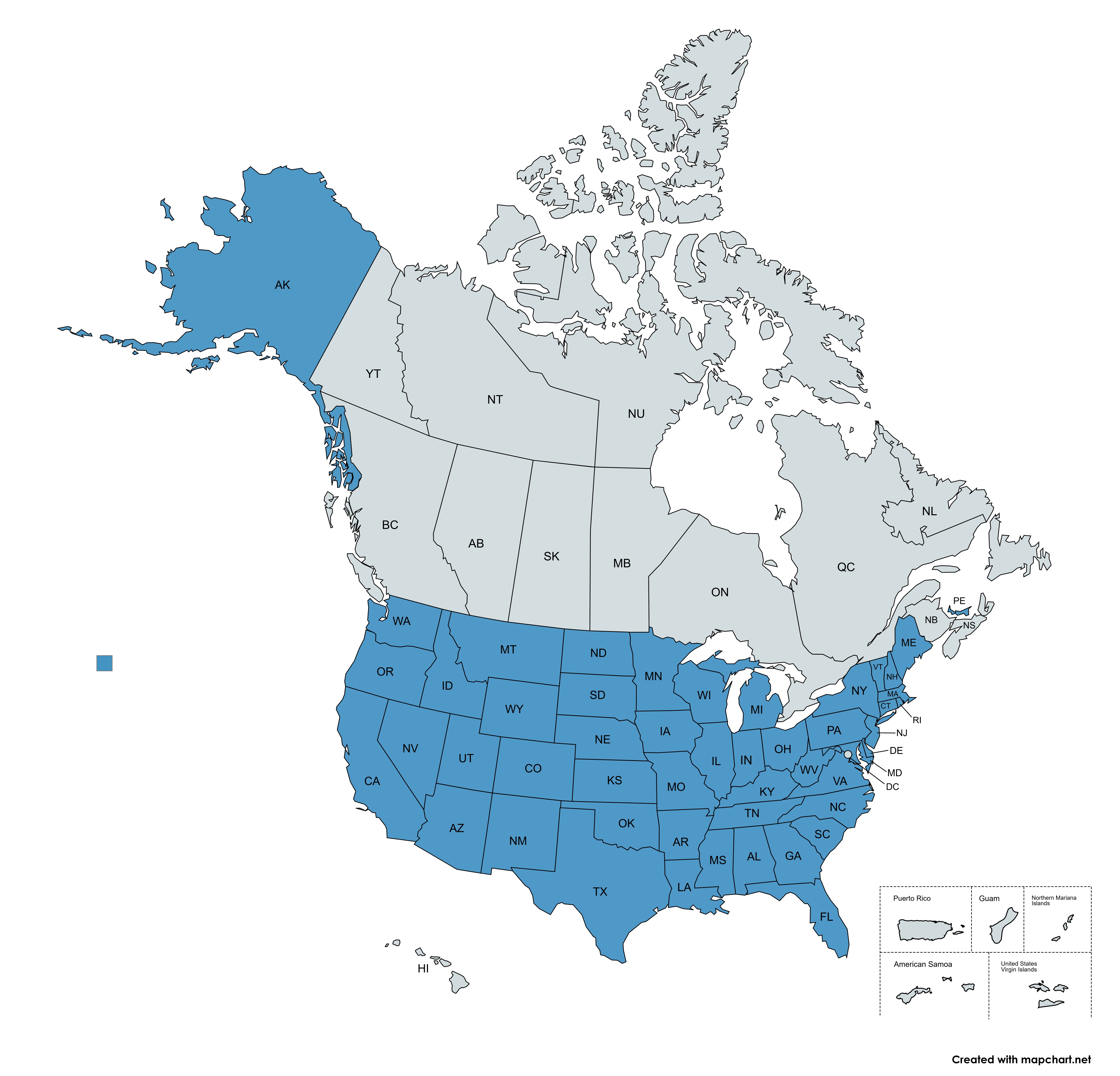

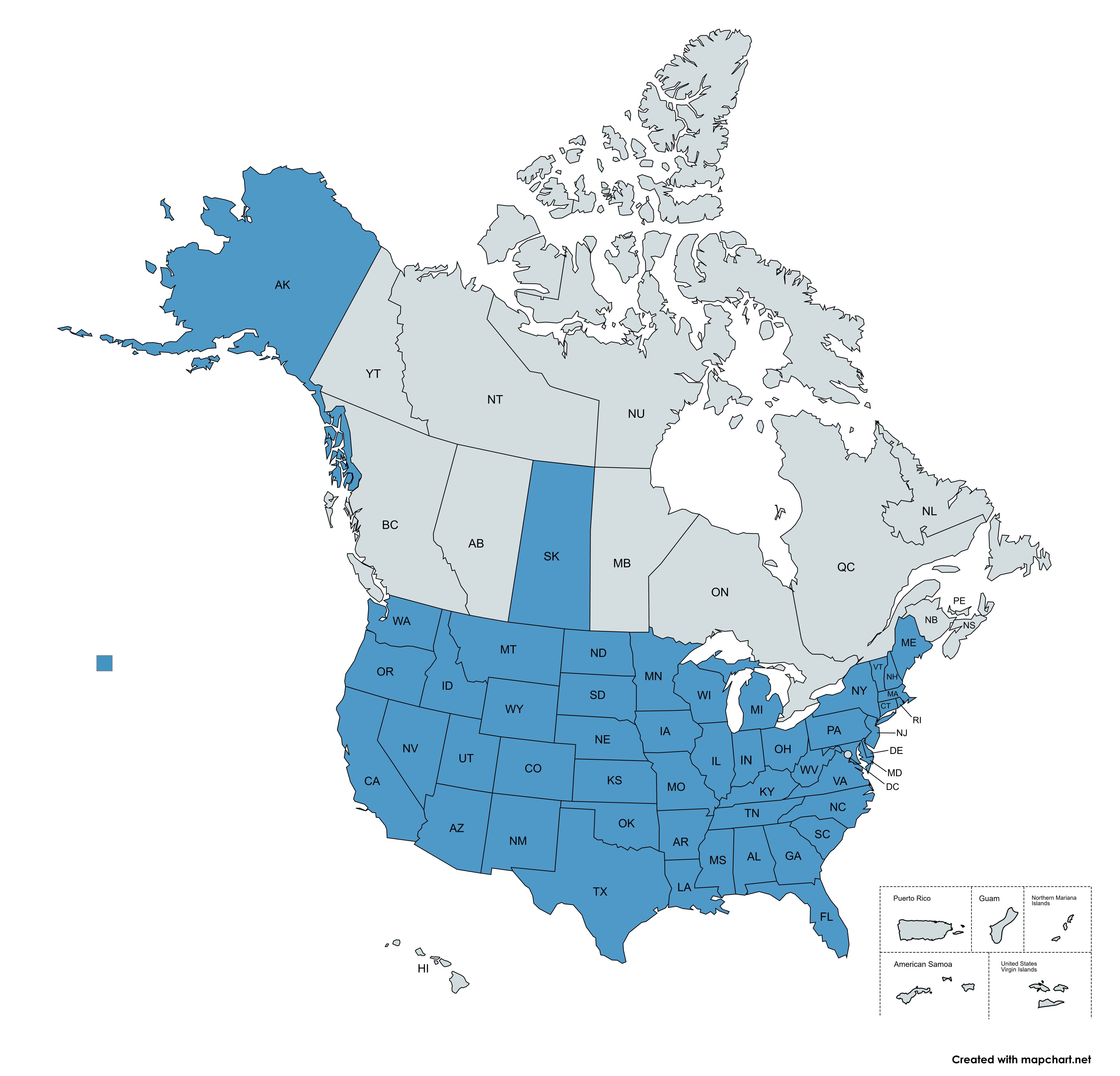
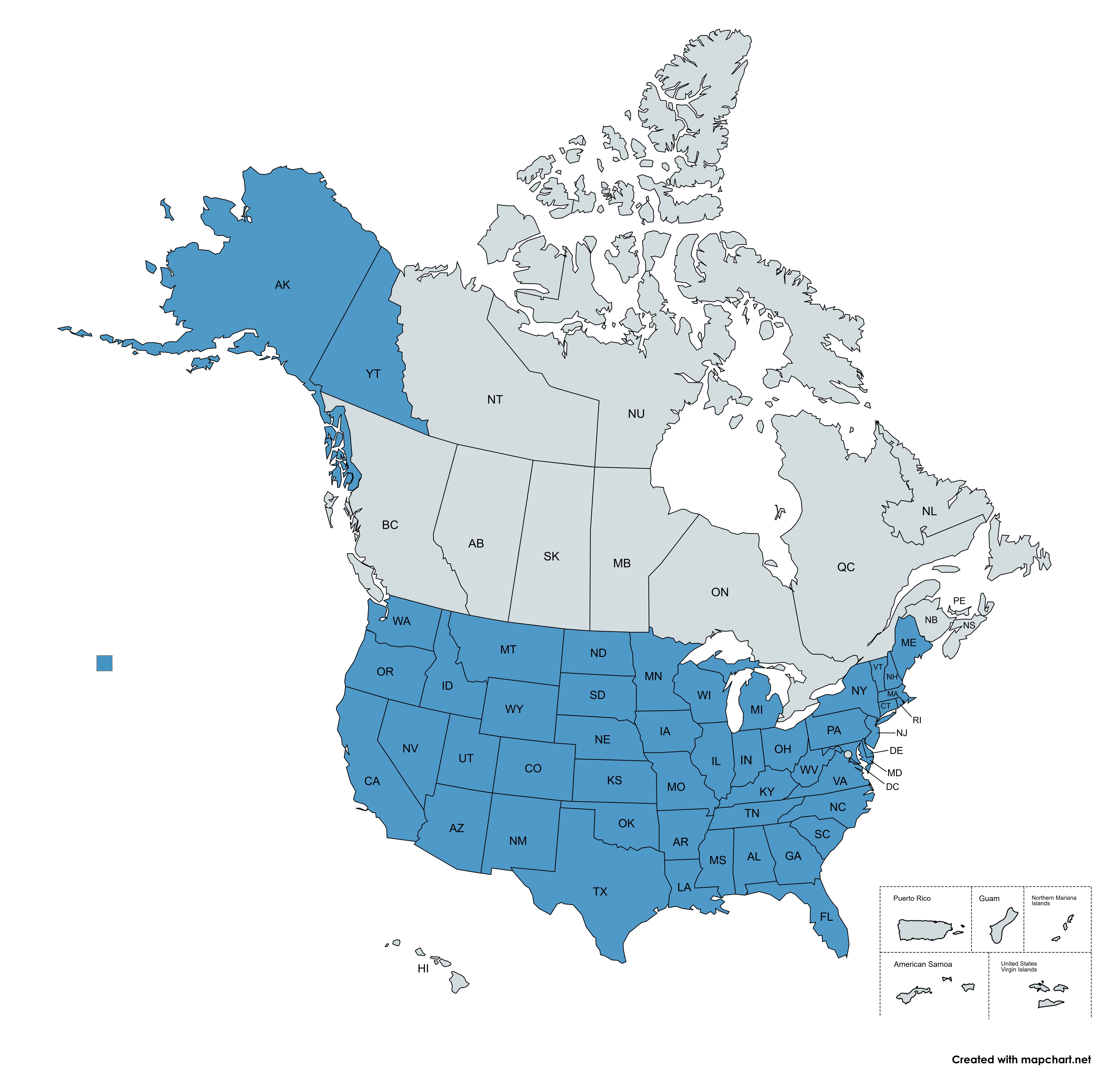
Comments
No comments yet. Be the first to comment!